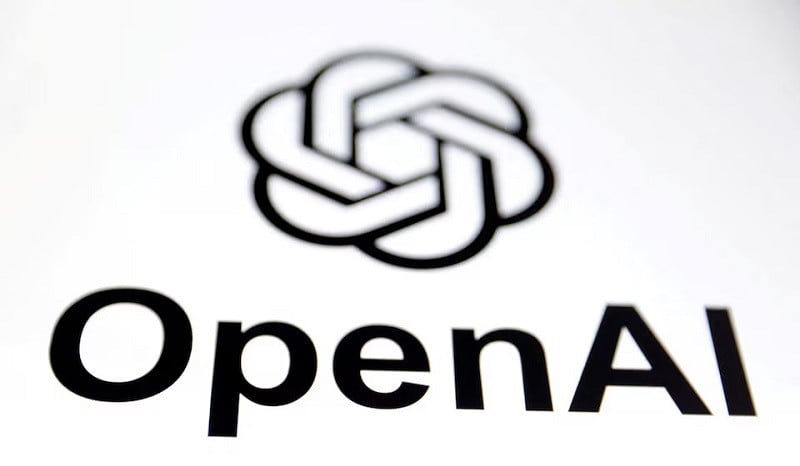
OpenAI updates policy, removes reference to 'politically unbiased' model
OpenAI has quietly changed one of its recently released policy documents, removing a reference to AI models being “politically unbiased by default.” The language was part of the company’s original draft of its “economic blueprint” for the AI industry in the United States, which had suggested that AI systems should aim for political neutrality. The revised draft, made public on Monday, omits the previous wording, drawing attention to the evolving discourse surrounding political bias in AI. When asked about the change, an OpenAI spokesperson stated that it was part of an effort to “streamline” the document and emphasised that the company’s other documentation, including the Model Spec released in May, still underscores the importance of objectivity in its AI systems. The Model Spec provides insights into the behaviour of OpenAI’s various models. The removal of the term highlights the sensitive and often contentious nature of discussions around AI bias. The issue has been widely debated in recent months, particularly with critics from the political right accusing OpenAI of pushing a liberal agenda in its chatbot responses. Prominent figures such as Elon Musk and David Sacks, a prominent AI investor, have voiced concerns that platforms like OpenAI’s ChatGPT may suppress conservative viewpoints. Musk has been outspoken about the influence of Silicon Valley’s “woke” culture, claiming that AI models in the region reflect the ideological leanings of their developers. The topic of bias in AI has become increasingly fraught as both technology companies and their products face scrutiny for potential political leanings. Musk, whose own AI venture, xAI, has also struggled with claims of bias, has argued that AI models are shaped by the philosophies of the communities in which they are developed. A study by researchers in the UK published last August suggested that OpenAI’s ChatGPT exhibited a liberal bias, particularly on sensitive topics like immigration, climate change, and same-sex marriage. In response, OpenAI has consistently insisted that any system biases are “bugs, not features”. Despite these criticisms, OpenAI’s spokesperson reaffirmed that objectivity remains a core of the company’s philosophy. However, the latest revision in its policy document signals how challenging it is for AI companies to navigate the minefield of political and ideological bias while striving to maintain user trust in their products.

OpenAI has quietly changed one of its recently released policy documents, removing a reference to AI models being “politically unbiased by default.” The language was part of the company’s original draft of its “economic blueprint” for the AI industry in the United States, which had suggested that AI systems should aim for political neutrality. The revised draft, made public on Monday, omits the previous wording, drawing attention to the evolving discourse surrounding political bias in AI. When asked about the change, an OpenAI spokesperson stated that it was part of an effort to “streamline” the document and emphasised that the company’s other documentation, including the Model Spec released in May, still underscores the importance of objectivity in its AI systems. The Model Spec provides insights into the behaviour of OpenAI’s various models. The removal of the term highlights the sensitive and often contentious nature of discussions around AI bias. The issue has been widely debated in recent months, particularly with critics from the political right accusing OpenAI of pushing a liberal agenda in its chatbot responses. Prominent figures such as Elon Musk and David Sacks, a prominent AI investor, have voiced concerns that platforms like OpenAI’s ChatGPT may suppress conservative viewpoints. Musk has been outspoken about the influence of Silicon Valley’s “woke” culture, claiming that AI models in the region reflect the ideological leanings of their developers. The topic of bias in AI has become increasingly fraught as both technology companies and their products face scrutiny for potential political leanings. Musk, whose own AI venture, xAI, has also struggled with claims of bias, has argued that AI models are shaped by the philosophies of the communities in which they are developed. A study by researchers in the UK published last August suggested that OpenAI’s ChatGPT exhibited a liberal bias, particularly on sensitive topics like immigration, climate change, and same-sex marriage. In response, OpenAI has consistently insisted that any system biases are “bugs, not features”. Despite these criticisms, OpenAI’s spokesperson reaffirmed that objectivity remains a core of the company’s philosophy. However, the latest revision in its policy document signals how challenging it is for AI companies to navigate the minefield of political and ideological bias while striving to maintain user trust in their products.
